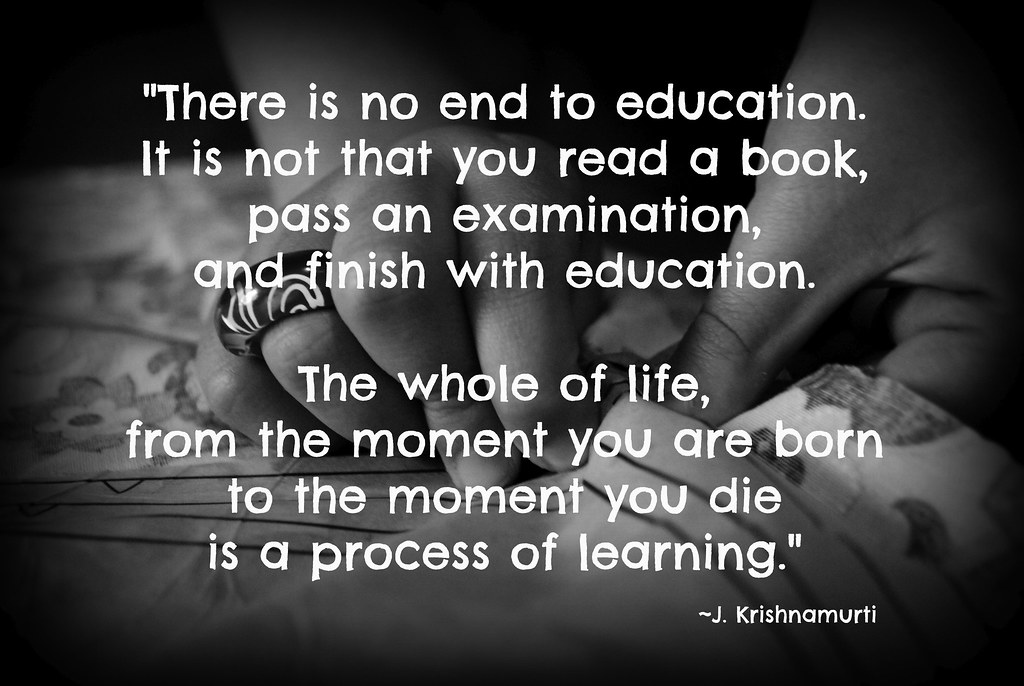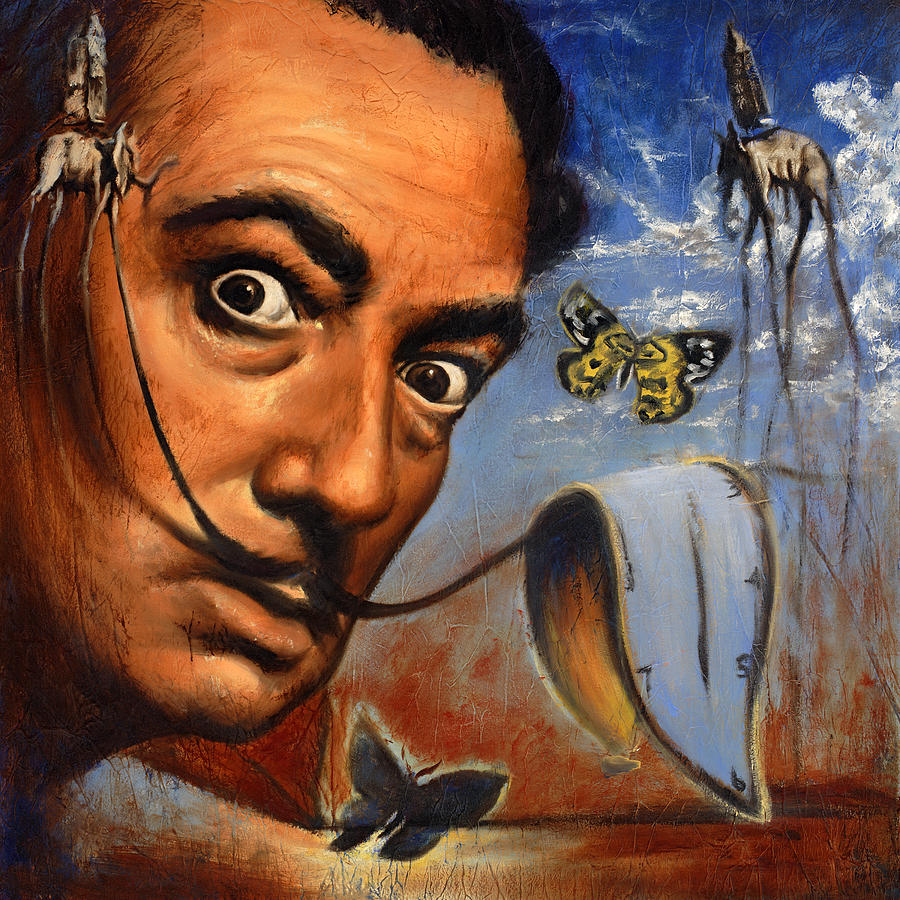Schools, the hub of education has taught us what to learn. But has surprisingly never taught us ‘how to learn’. So often kids with different learning requirements are labelled ‘slow’ than find compatible teaching methods. No wonder Einstein, Edison, Graham Bell were all labelled ‘learning challenged’.

So how do we go about learning. I’d like to broadly divide into acquiring knowledge i.e on subjects of chemistry, philosophy, investing etc and acquiring a skill. In Part 1. let us focus on acquiring knowledge.
Identify the type of Learner:
Learning Styles can be broadly classified into three – Visual, Auditary and Kinesthetic/Tactile. When we were young, we had innately used a combination of these learning methods when we sang and danced to poems and our books were full of pictures and stories. But as we got older and the subjects became more complex we restricted our self to reading books and listening to lectures(auditory).
May be we can’t sing and dance around vector algebra, organic chemistry or economic theories. But we can definitely build Mind Maps, even create a story around the undecipherable equations of the chemistry.

Demonstrations/Experimentation of concepts have definitely been some of the best ways to remember. I remember my ‘law of diminishing marginal utility‘ from Economics as well as I do my ‘Ba Ba Black sheep.’
Learning Modes:
Learning can be optimized by toggling between the Focused Modes and Diffused Modes.
Focused Mode:
Concentration is the new weapon in the current world filled with distractions. One of the best and simple ways is to allot a short time for focused work and remove all distractions from your environment. You can start with 20 mins using pomodoro technique and increasing your time allotted for each session. Suggested Read: Deep Work by Cal Newport
Diffused Mode:
Even diffused mode can be used optimally for learning. Learning important things has first or last thing in the day helps mind to assimilate similar ideas into the brain. Ever watched a movie before you go to sleep and dreamt about it. This works pretty much in the same way. You can also schedule a siesta or a workout session in between your study sessions. Churchill and Salvador Dali were famous for considering their siestas sacrosanct.

Learn: Remember and Recall
Take Handwritten Notes:
Writing notes engages several parts of the brain which can enhance ability to retain. Handwritten Notes are better than typewritten due to the neural connection between the hands and brain. Rather than verbatim reproducing what you learn paraphrase your learning to retain better.
Use MindMaps:
Mindmaps is a great way to organise your knowledge on a subject around various topics and subtopics. This allows you to branch out and expand a line of thought without losing track of the narrative. Mindmaps are also great way to outline before you write your blogpost, speech, book etc.
I have witnessed Govt. school students of TamilNadu use Mind Map techniques for various subjects. Although we had known about this technique for a while, this ted talk really got us re- started. I hope it will interest you enough to explore further.
Two Minute Summary:
Writing a two line summary after you have finished reading a lesson/chapter/book or listening to a lecture can be hugely beneficial in remembering and recall.
We forget nearly 90% of what we learn in 48 hours, so ensure you take a look at this two minute summaries frequently enough to be able to retain most of what you had learned. Periodic revision of this short summary/notes helps send the key points from your short term memory to your long term memory.
Use of Knowledge
We often learn concepts without understanding their real life application. I have learnt maths theorems and concepts without ever discussing in the class where they would be used. In my school Math exams, When I was asked to calculate cost of fencing a ground or tiles needed for flooring based on given values, I had no idea what the question was about, even though I knew the formulas for perimeter and area. I had only been finding X and Y’s and never learnt what they were. Don’t learn anything because it may be on the test. Truly learn the practical applications of all that you learn.
Don’t make the concepts abstract by making them X, Y and Z. Learn why velocity and momentum is important in finding out if and when an avalanche would hit your camp, learn how a combination of opposing forces of gravity and wind speed would determine when to launch your parachute and where you will land, how a simple spring mechanisms enables your ballpoint pen to work, why artists, designers and doctors need to understand fibonacci numbers etc..
Break into smaller steps and Focus on Process over Output
Big Tasks like writing a thesis paper, a book or even planning the perfect wedding or a holiday can be overwhelming. Break it down into logical steps and commit time from your calendar for the tasks. This will be the best way to ensure process, and a few rain checks in between will ensure you get to the target.
For Eg: Everyday I will write between 6 – 8 AM. I will start with outline for the book, chapters and then write content chapter wise. I will use 1 session per week to edit my work.

Metaphorically speaking, by ‘Eating the frog‘ every morning, you can ultimately ‘Eat the Elephant‘.
Leaders are readers and lifelong learners. Learning does not stop in your school/college. Learning only starts there, it must be a lifelong obsession. It is the shortest path to succeed in anything. As important as learning is the ability to retain, recall and apply appropriately what we have learnt where it is required.
Happy Learning !!
P.S: This post is based on the wonderful Coursera Course on ‘Learning How to Learn‘ from Coursera. If you found the post interesting I would encourage you to visit the site and take this free course.
Good to see that like everything else in life, evening learning has a plan.